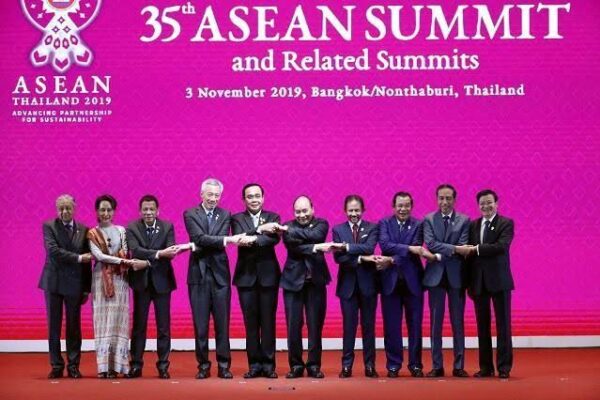Australia will become part of a massive Asia-Pacific free trade pact, the Regional Comprehensive Economic Partnership (RCEP), that covers half the world’s population. Regional leaders, including our Prime Minister Scott Morrison, agreed on the 15-member RCEP at the East Asia Summit which has just concluded in Bangkok, Thailand.
The RCEP, proposed by China as a counter to the Trans Pacific Partnership (TPP) from which it was excluded, brought together the ASEAN 10 plus six dialogue partners. The ASEAN 10 are Brunei, Cambodia, Indonesia, Laos, Malaysia, Myanmar, the Philippines, Singapore, Thailand and Vietnam. The dialogue partners are Australia, China, Japan, New Zealand and South Korea – India was supposed to be part of it, but declined by the end of the meeting.
India stayed out due to its concerns about Chinese goods flooding its market. New Delhi’s worries about unfair competition particularly relate to its vulnerable agriculture sector. Even without India in the mix, RCEP will still be the world’s largest trade pact. It is expected to be finalised by November 2020.
The countries involved produce about 29% of global gross domestic product and account for half the world’s population. Nine of Australia’s top trading partners – representing 58% of Australia’s trade and 66% of its exports – are part of the deal. Australia’s trade with ASEAN, both merchandise and services, totals more than A$50 billion a year, or about 12% of Australia’s total exports. At the same time, ASEAN countries’ investment in Australia exceeds A$118 billion.
Australia already has Free Trade Agreements with some of the member countries of the new deal. The good news is that we will be able to take advantage of whichever of the agreements proves to be most advantageous to us.
As your licensed Customs Brokers and International freight forwarders, Colless Young can advise you about international trade requirements and look after your shipping needs at all major ports and airports around Australia.

